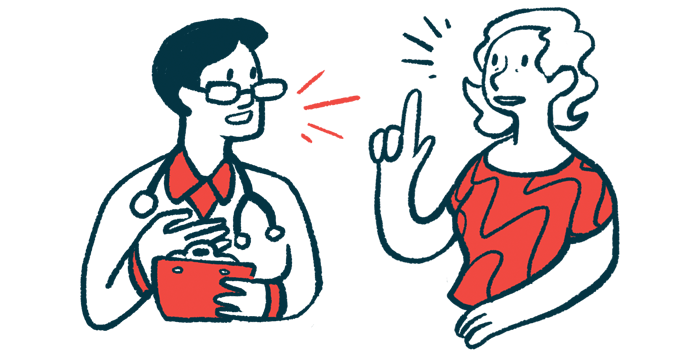Immunoadsorption May Help Push AAV Into Remission More Quickly
Written by |

Immunoadsorption, a procedure that removes specific antibodies from the blood, may speed remission in patients with ANCA-associated vasculitis (AAV) and serious kidney disease and help more patients attain this outcome, a small study found.
The treatment approach also lowered mortality and reduced the risk of kidney failure or death while lowering doses of steroids and immunosuppressive medications.
“Before a more promising strategy for remission induction appears, IA [immunoadsorption] should be considered as an initial therapeutic choice for AAV patients with severe kidney involvement,” the researchers wrote.
The study, “Immunoadsorption Improves Remission Rates of Patients with Antineutrophil Cytoplasmic Antibody-Associated Vasculitis and Severe Kidney Involvement,” was published in the American Journal of Nephrology.
AAV is characterized by inflammation in small blood vessels due to the production of autoantibodies called anti-neutrophil cytoplasmic autoantibodies, or ANCAs. When inflammation hits the kidneys, it can impact kidney function, potentially causing kidney failure.
Plasma exchange — which involves removing and replacing a person’s plasma (the liquid portion of blood that contains water, salts, and proteins) — is a technique that can remove certain disease-causing proteins, including ANCAs, from the blood.
However, the procedure has shown little to no benefit to AAV patients in the long term.
Unlike plasma exchange, immunoadsorption selectively removes antibodies from plasma without the need for fresh plasma — the person’s own plasma is infused back into the patient after the harmful antibodies are filtered out.
This “avoids the loss of protective proteins and the risk of allergy and disease transmission due to transfusion of the blood product,” the researchers wrote.
Researchers in China now set out to determine if this approach could be used in combination with standard therapies — immunosuppressors and glucocorticoids — to boost remission in people with AAV and severe kidney disease.
They retrieved the records of 60 adult patients followed at the Tongji Hospital in Wuhan, China, from Dec. 1, 2016, to Jan. 20, 2020. All had received glucocorticoids plus either cyclophosphamide or rituximab to induce remission. A group of 16 patients were also put on immunoadsorption continuously or intermittently during a period of 14 days.
The median age of participants was 61, and 65% were men. The majority (93.3%) had ANCAs against the protein myeloperoxidase (MPO), a known risk factor for end-stage kidney disease.
Participants in both groups had high disease activity; their average Birmingham Vasculitis Activity Score (BVAS) was 11.1. However, after a mean of 10 days on treatment, disease activity dropped significantly more among those receiving immunoadsorption than in the control group.
Likewise, levels of anti-MPO antibodies in circulation decreased significantly in both groups after one month, but the reduction in the immunoadsorption group (78.4%) was significantly greater than in the control group (9.3%).
Over a median follow-up of 20 months, remission was attained by 10 patients (62.5%) receiving immunoadsorption and 14 controls (31.8%), with immunoadsorption increasing remission rates by 2.3 fold. Remission was also achieved earlier with immunoadsorption (mean 2.9 months vs. 5.4 months).
Additional findings showed that patients who received the immunoadsorption procedure had an 80% lower risk of death, and their risk of progressing to kidney failure or dying was 60% lower than in controls. Since remission was a significantly associated with kidney failure and death, the survival advantage given by immunoadsorption is likely related to the higher and faster remissions.
The risk of relapse, however, was similar in both groups.
The treatment was well tolerated, with only four patients on immunoadsorption experiencing low blood pressure and one patient reporting mild chest tightness. Among patients who achieved remission, those on immunoadsorption required significantly lower doses of steroids and immunosuppressants at months one, three, and six than controls.
Likely as a result, patients also experienced fewer infections in the first six months of treatment.
“[Immunoadsorption] treatment induces quicker and higher remission and lower mortality in AAV patients with severe kidney involvement,” the researchers concluded. “The early remission independently predicts the outcomes for these patients.”






